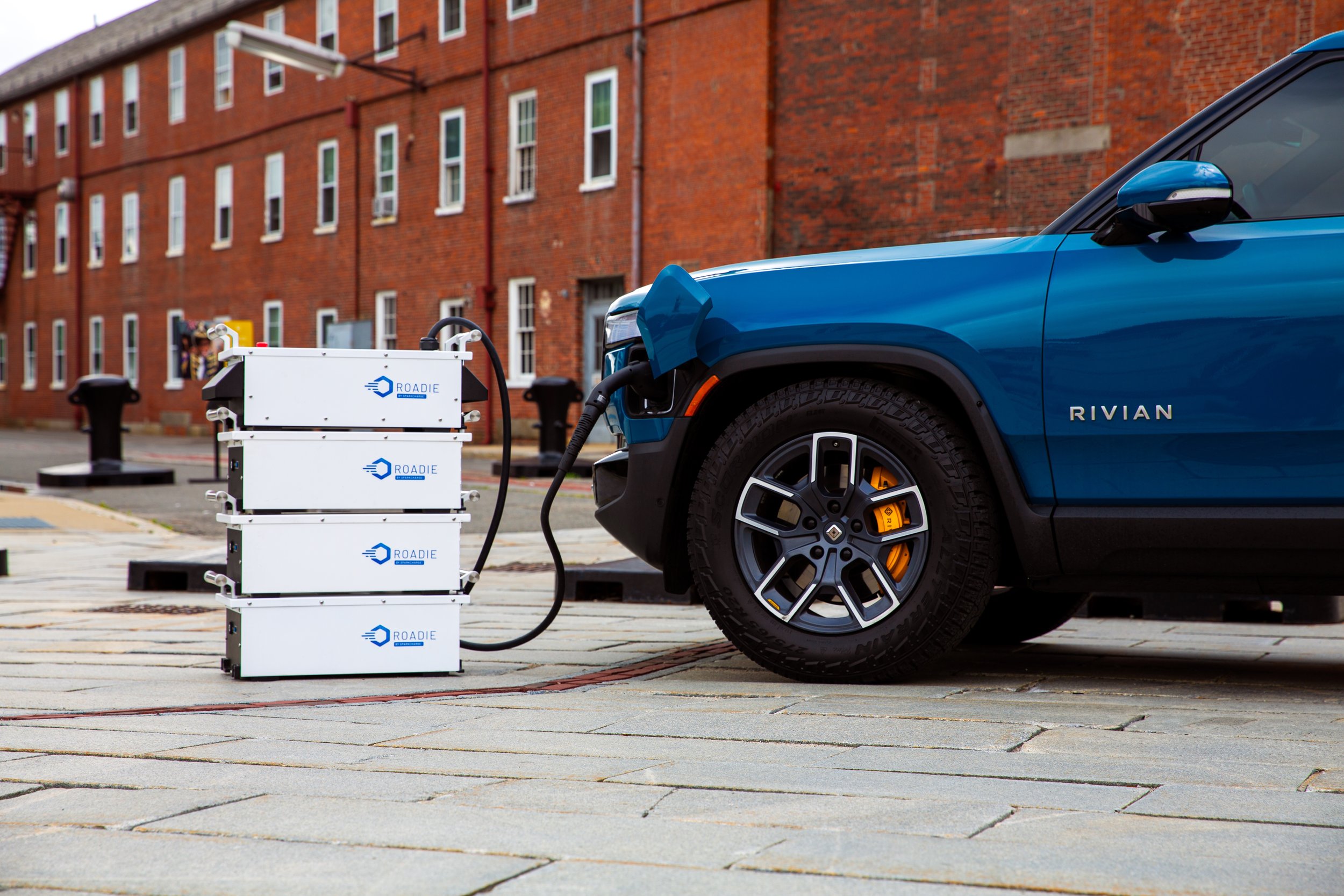How Portable DC Fast Chargers Benefit Your Roadside Business
In the growing climate of electric vehicles (EVs), portable DC fast chargers have proven to be beneficial for roadside businesses. Portable DC fast chargers are self-isolated and compact charging units that prioritize convenience and time efficiency. In this blog post, we will break down the benefits of using this charging solution to help any roadside business.
What are the Advantages of DC Fast Charging?
The benefits of DC fast charging prove to offer a high level of convenience and flexibility compared to the traditional AC charging process.
Fast charging speeds - Can charge up to 80% in an hour or less.
Delivers high-power direct current (DC) output directly to the vehicle’s battery.
For businesses, having DC fast charging more cars with fewer charging stations to keep operations running smoothly.
Mobile DC fast charging gives the option of mobility that traditional charging stations cannot provide. These charging units can be transported to any location at convenience, not limited to a specific site. These mobile units offer minimal setup and require no construction efforts, which tends to be an expensive and time-consuming process. Mobile DC fast charging can provide portable and rapid power, offering a simple and convenient experience to all users.
Is DC Fast Charging worth it?
Examining the three levels of EV charging, DC fast charging provides the most time-efficient experience. DC fast charging offers a significantly faster charging speed compared to Level 1 or Level 2 charging. Portable DC fast in particular proves to be highly convenient for long and frequent trips that require multiple charging stops.
Mobile EV charging in particular provides an easy experience of mobility and convenience. Mobile DC fast charging can be rapidly deployed without any need for construction or infrastructure alterations. The ability for rapid deployment allows for a swift response to any EV charging demands, meaning owners of the vehicle can access charging anytime and anywhere.
DC fast charging proves to be a valuable addition to any roadside business. Access to DC charging will attract EV owners, increasing the customer base and giving access to the rapidly growing electric vehicle market. DC fast charging offers another avenue of revenue generation to roadside businesses. Connecting with the EV customer market will also be able to draw in additional revenue in other avenues, as a widened reach allows consumers to spend money on other products and services offered.
Can a DC Charger Drain the Battery?
A DC charger will not drain an EV’s battery. When the DC charger is put into the charge port, the process begins as power flows from the charger to the battery. Once the battery reaches about 80%, the charging speed will begin to decrease. This is known as trickle charging. The last 20% of charging for EVs is the slowest due to the battery being almost at capacity. This happens with all EVs and all EV chargers. Due to the decrease in charging speed, most EV owners use DC fast chargers just to charge up to 80% and then use a Level 1 or 2 charger to trickle charge, but using a DC fast charger to trickle charge will not damage your electric vehicle.
The SparkCharge Solution
SparkCharge created the world's first mobile DC fast charger, The Roadie, with businesses in mind. The Roadie Portable is a modular, customizable, and portable DC fast charger (Level 3 EV Charger). It was designed for businesses like roadside and towing providers to be able to bring anywhere to service the growing market of electric cars.
The Roadie Portable is modular which means it is stacked to deliver the exact amount of range that the vehicle needs. For example, SparkCharge offers the "electric jerry can" package. Which is two batteries and one charger that are stacked together to give the EV driver just enough range to get to their home charger or the nearest charging station. With the Roadie Portable, your business' customers will feel confident that they have a service provider that knows how to properly handle EVs.

